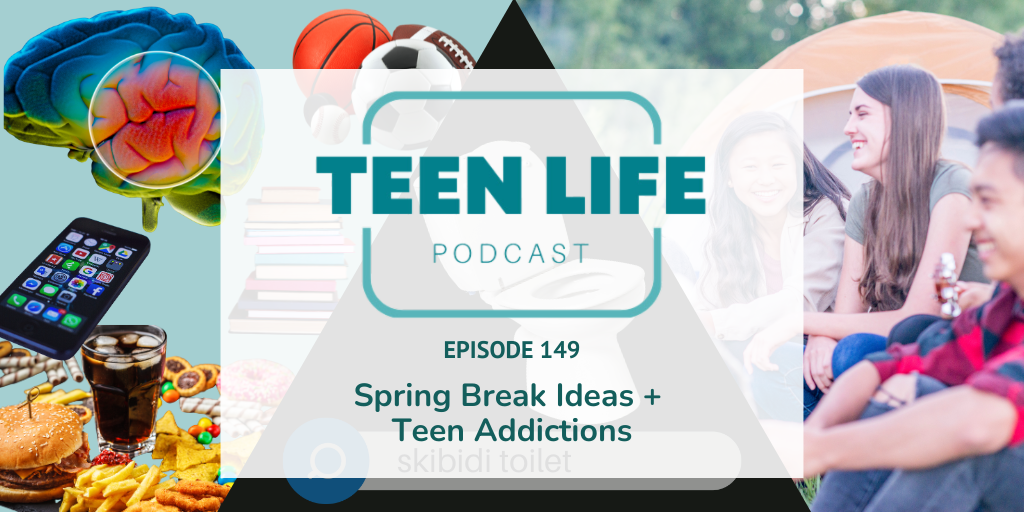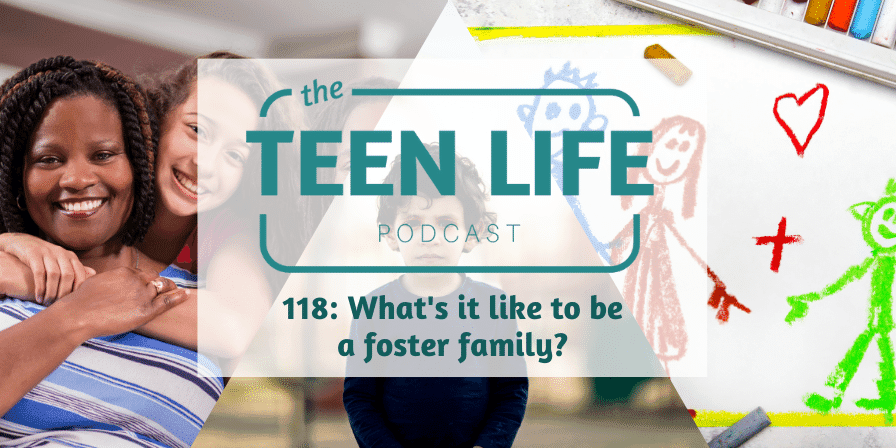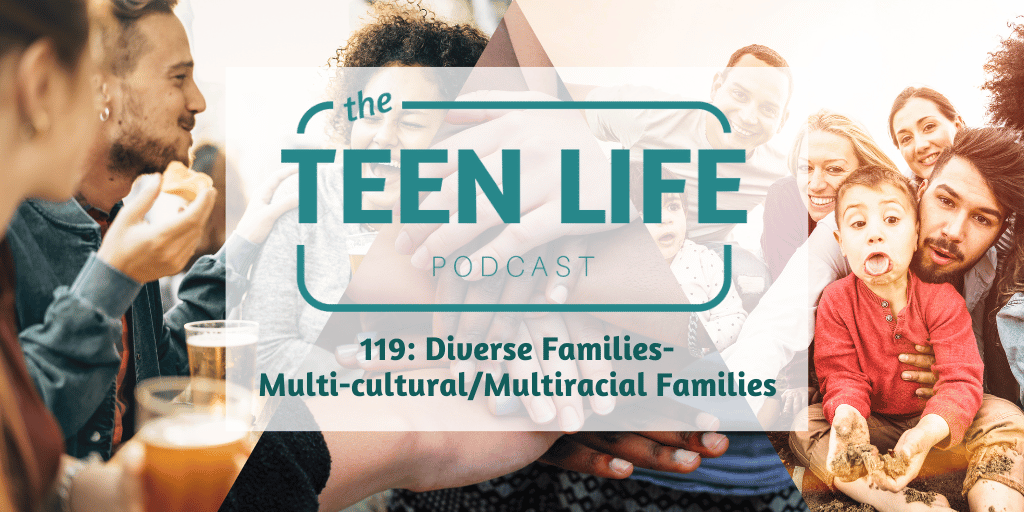Podcast: Play in new window | Download
What do you do when your teen is addicted to something people praise?
Addiction can be a slippery slope, especially in today’s world where we’re bombarded with stimuli triggering the release of dopamine—the pleasure neurotransmitter—in our brains.
Whether it’s social media, video games, or substances, the struggle is real. But so is the hope for recovery and resilience.
Understanding Addiction
Firstly, let’s define addiction. It’s not just about drugs or alcohol; it’s a strong inclination to repeatedly engage in certain behaviors or consume substances. NPR published an article shedding light on how dopamine, our brain’s reward system, plays a significant role in addiction. Dopamine brings pleasure but is quickly followed by a come-down, compelling us to seek more stimuli to maintain that high. Our brains weren’t designed for this constant flood of dopamine from various sources like sugar, social media, or even intense workouts.
What are teens addicted to?
You might be surprised to learn what teens can be addicted to. While some are obvious like alcohol or drugs, others are socially acceptable in our culture. From social media and video games to caffeine and even books, addiction can manifest in various forms.
Here are some examples of common addictions.
- Social Media
- Working Out
- Sports
- Music
- Art
- Alcohol
- Food
- Sugar
- Caffeine
- Weed
- Vaping
- Video Games
- TV
- Porn
- Sex
- Parasocial relationships
- Books
- Adventure/Travel
How can we help teens overcome addiction?
Practical steps for overcoming addiction:
Self-Reflection
Encourage teens to reflect on their addictive behaviors and what triggers them. Understanding the root cause is crucial.
Take a Break
Suggest a 30-day break from the addictive behavior or substance. This detox period allows the brain to reset.
Open Communication
Be honest and create a safe space for teens to talk about their struggles. Sometimes, all they need is someone to listen and ask the right questions.
Find Alternatives
Help teens find positive ways to fill their time and replace addictive behaviors with healthier activities like sports, art, or volunteering.
How parents can help:
-
Observe Behavior: Pay attention to changes in your teen’s behavior. Ask questions and express concern if you notice anything alarming.
-
Seek Help: If needed, don’t hesitate to seek professional help for your teen. Therapists and counselors can provide invaluable support and guidance.
-
Lead by Example: Model healthy behaviors yourself. If you notice your addictive tendencies, be transparent about your journey to overcome them.
-
Supportive Environment: Create a supportive environment at home where open discussions about addiction are encouraged, free from judgment or shame. Give something up together.
Overcoming addiction is a journey that requires patience, understanding, and support. By addressing addictive behaviors early on and providing the necessary tools and resources, we can empower our teens to lead fulfilling lives free from the grips of addiction.
Remember, you’re not alone in this journey. Together, we can help teens navigate the challenges of addiction and emerge stronger and more resilient.
Also in this episode:
- Spring break tips, tricks, and ideas for making the most of the week.
- Teen terms and trends to know: Gyat, Skibidi toilet
- The Stanley cup strikes again. Girls are getting bullied for not having them, leading to school bans.
Where to listen by topic:
00:00 Introduction
00:28 Spring Break Memories
02:24 Spring Break Tips
03:25 Spring Break Ideas
10:52 Senior Sunday
11:31 Stanley Cups
13:53 GYAT
16:07 Skibidi Toilet
18:34 Addiction + Dopamine
25:56 Addiction Examples
27:02 Tips for Overcoming Addiction
In this episode, we mentioned or used the following resources about addiction.
- Next Gen Now Podcast: Controlled (Addiction Series)
- Merriam-Webster: Addiction Definition
- NPR: Too much pleasure can lead to addiction. How to break the cycle and find balance
- Teen Life Podcast: Athletics | Gaming | Pornography Pt. 1 | Pornography Pt. 2 | Marijuana | Body Image | Spicy Books | Parasocial Relationships | Vaping | Alcohol | Eating Disorders | Overeating Disorders | Cell Phone Boundaries | Social Media | Teen Mental Health Update
- Podcast music by Luke Cabrera & Tobin Hodges
Have a question?
If you have a question about something you heard or just want to give us some feedback, please leave us a comment below. We would love to hear from you!

Karlie Duke
Communications Director

Tobin Hodges
Program Director

Caleb Hatchett
Podcast Host
Tobin Hodges | Program Director
Tobin’s entire career has been centered around students and teens from all walks of life. He has a passion for helping teens be their best selves. As Program Director, he loves working directly with school staff and students through Teen Life Support Groups. Tobin has a Bachelor’s Degree in Music from Texas Tech University.
Caleb Hatchett | Podcast Co-Host
Caleb loves helping teenagers take ownership of their faith and relationships. He graduated from Abilene Christian University with a degree in Youth and Family Ministry and is currently Student Ministry Director at Jenks Church in Oklahoma.
Karlie Duke | Director of Communications
Karlie has always had a heart for teenagers. Through her role at Teen Life, she loves to showcase the amazing stories coming out of Support Groups, but she is especially passionate about helping adults and teenagers find connection. Karlie has a BS in Communications with a minor in Family Studies from Abilene Christian University.












